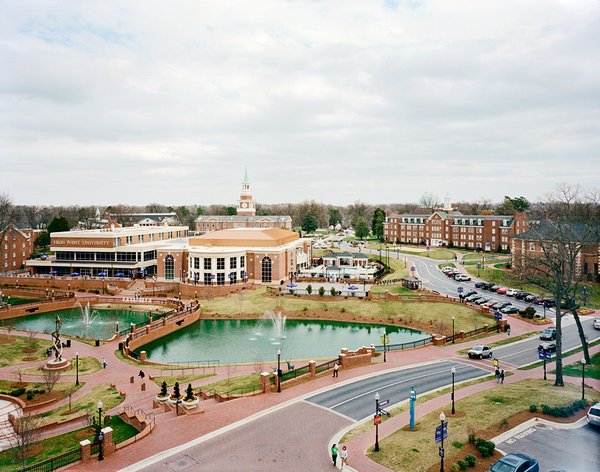The millennial generation can’t even remember a world without social media. For the last 12 years since Facebook was invented, social media has encompassed our lives and changed with whom and how we interact. However, the more important the role social media plays in our lives, the more controversial it becomes. Some believe social media is intrusive and claim that it substitutes real-life interactions for something virtual and artificial. In my opinion, these claims are baseless. By broadening our potential for communication, giving us the ability to make temporary moments permanent, and connecting us with those who matter most, social media indisputably unites us as a community.
One aspect of our social lives that has truly been enhanced by the rise of social media is with whom we have the ability to interact. If I wanted to, I could pull out my phone right now and message someone from Italy or Brazil on Facebook. This feat is something that most could’n't have ever dreamed possible just 30 years ago. It enables users to maintain personal relationships with those who live far away. While some believe social media hinders us from forming real connections by keeping us glued to our smart phones, a recent article by Pew Research Center shows that those who share photos online are 61 percent more likely to have discussion partners who cross political lines and are much more likely to be associated with larger, more diverse core discussion networks. This research proves that social media cultivates a platform that is conducive to interactions between people from various backgrounds who may not have otherwise come into contact.
In just this past year we have seen instances of social media fostering a platform for political discussion that might not have otherwise happened with the 2016 elections. Most were not shy with their opinions and openly shared political views on social networking sites which gave common ground for conversation. While these discussions may have been negative at times, social media gave some people a voice and helped to educate others. It created social interaction.
Another example of this occurrence are the many college-bound freshman who now meet their future roommates on Facebook. Instead of making friends at orientation and choosing one to room with for the upcoming year or blindly hoping to get along with a person they have never met who was designated by their college to be their roommate, the vast majority of newly-graduated seniors join their class Facebook page and post small profiles of themselves in hopes of meeting someone with similar values and interests. This is mostly due to the amount of information a person’s social media gives about them. You can probably find out more about a person from cyber-stalking their social media profile for 30 minutes than by meeting them at orientation. According to a separate 2011 article by the Washington Post, the number of kids requesting roommates instead of “going random” has doubled in the past five years proving that social media has vastly influenced their choices. Move-in days are becoming more and more like class reunions due to floor-mates interacting on social media months before September arrives. This phenomenon disproves claims that relationships made through social networking sites are not genuine.
The enhancement of our real-life connections through social media can also be used in reference to our close friends and family. My best friend currently attends college in Baltimore, Maryland. Updating each other through only phone calls and face-to-face interactions is not very plausible considering we both lead such busy lives. We talk as much as possible, but the easiest way for us to stay in touch is by sending Snapchats of our daily happenings or checking each other’s Instagram feed to see what the other has been up to. While some may find this type of connection cold and impersonal, I enjoy getting to see parts of her day via social media and it makes me feel more in-touch with her.
In my opinion, the main reason why many people are so scared of interactions on social media is because it is uncharted territory. Parents and guardians are so concerned with the “stranger danger” factor that comes into play when kids are exposed to the internet and all of its resources that they write it off as a bad thing. In reality, social networks are a great way of enhancing existing connections as well as facilitating new, possibly lifelong ones.
















